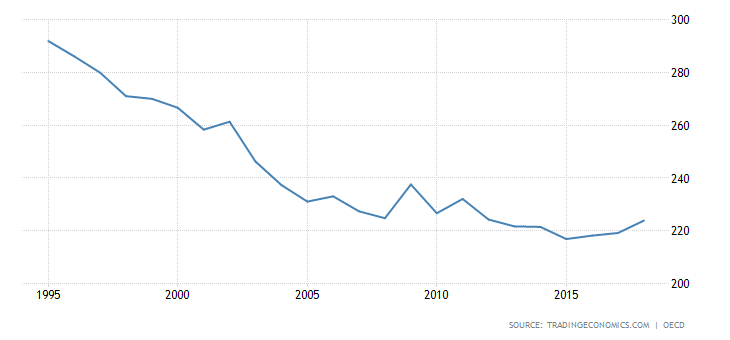
1/6
According to this very interesting article Chinese entities have sharply increased their buying of JGBs this year in order to get a yield pickup over USTs, which means, I guess, that they have swapped the JGBs into USD. The article adds:
asia.nikkei.com/Economy/China-…
According to this very interesting article Chinese entities have sharply increased their buying of JGBs this year in order to get a yield pickup over USTs, which means, I guess, that they have swapped the JGBs into USD. The article adds:
asia.nikkei.com/Economy/China-…
2/6
“The yuan's level is guided in reference to a basket of currencies that includes the dollar, euro and yen. China's currency faces upward pressure because the country's economy recovered relatively quickly from the coronavirus downturn. Selling yuan to buy...
“The yuan's level is guided in reference to a basket of currencies that includes the dollar, euro and yen. China's currency faces upward pressure because the country's economy recovered relatively quickly from the coronavirus downturn. Selling yuan to buy...
3/6
yen-denominated JGBs helps China ease that pressure.”
Actually, selling yuan to buy any foreign currency bonds helps China ease appreciation pressure, but for me the important question is whose currency is taking the brunt of yuan selling. If Chinese entities bought...
yen-denominated JGBs helps China ease that pressure.”
Actually, selling yuan to buy any foreign currency bonds helps China ease appreciation pressure, but for me the important question is whose currency is taking the brunt of yuan selling. If Chinese entities bought...
4/6
JGBs and did nothing else, the impact would put upward pressure on the yen, and we should soon hear angry responses from Tokyo, as happened in 2010. Tokyo does not want a stronger yen.
If the JGBs are swapped into USD, however, the purchases will have no net impact on...
JGBs and did nothing else, the impact would put upward pressure on the yen, and we should soon hear angry responses from Tokyo, as happened in 2010. Tokyo does not want a stronger yen.
If the JGBs are swapped into USD, however, the purchases will have no net impact on...
5/6
the yen and will, instead, put upward pressure on the dollar.
One strange consequence, in that case, would be that while Beijing wants global use of the yuan to rise at the expense of USD, by buying JGBs to prevent a rise in their own currency and then swapping...
the yen and will, instead, put upward pressure on the dollar.
One strange consequence, in that case, would be that while Beijing wants global use of the yuan to rise at the expense of USD, by buying JGBs to prevent a rise in their own currency and then swapping...
6/6
into USD, they will have become the world’s biggest supporter of USD. The US, of course, would suffer the trade consequences of that support.
into USD, they will have become the world’s biggest supporter of USD. The US, of course, would suffer the trade consequences of that support.
• • •
Missing some Tweet in this thread? You can try to
force a refresh



